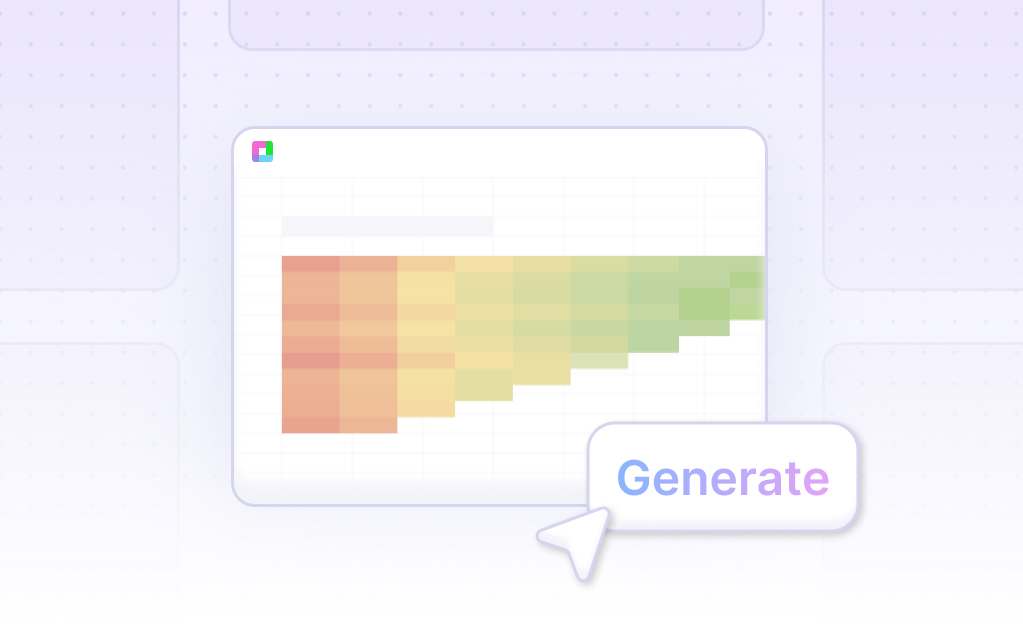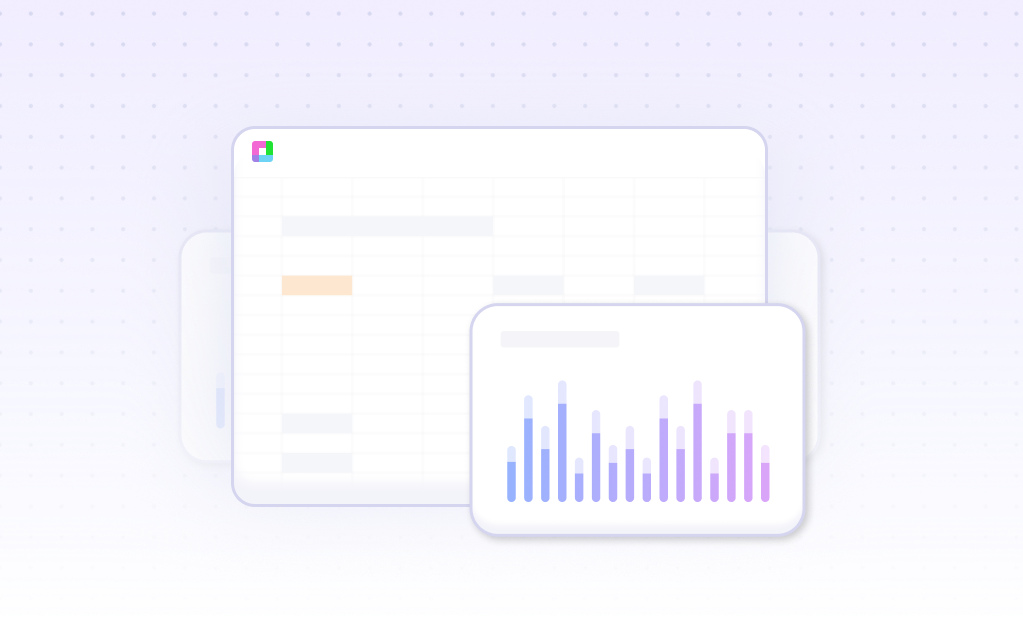
Master Sustainability Risk Assessment with Advanced Climate Modeling
Sustainability risk assessment requires sophisticated climate risk modeling, transition risk analysis, and comprehensive physical risk evaluation. Our Sustainability Risk Assessment template provides comprehensive tools to assess climate risks, evaluate transition risks, and implement sustainability risk management with institutional-quality frameworks for risk professionals and sustainability analysts.
From climate scenarios to risk mitigation, optimize sustainability risk management. Built for risk professionals, sustainability analysts, and ESG managers, this template helps you assess climate risks, evaluate transition risks, and implement comprehensive sustainability risk frameworks.
See how easy it is to generate a Sustainability Risk Assessment Excel Template Excel template with Sourcetable

Comprehensive Climate Risk Modeling Framework
Physical Risk Assessment
Assess physical risks with acute risk analysis, chronic risk evaluation, and climate scenario modeling. Evaluate physical climate impacts and adaptation strategies.
Transition Risk Analysis
Analyze transition risks with policy risk, technology risk, and market risk assessment. Evaluate transition pathways and business model implications.
Climate Scenario Analysis
Implement climate scenarios with NGFS scenarios, TCFD recommendations, and stress testing frameworks. Model climate impacts and business resilience.
Stranded Assets Assessment
Assess stranded assets with asset valuation, obsolescence risk, and write-down analysis. Identify vulnerable assets and transition planning requirements.
Risk Management & Adaptation Strategies
Risk Mitigation Strategies
Develop risk mitigation with adaptation measures, resilience building, and risk transfer mechanisms. Implement comprehensive risk management strategies.
Portfolio Risk Assessment
Assess portfolio risks with exposure analysis, concentration risk, and diversification strategies. Optimize portfolio resilience and sustainability performance.
Regulatory Compliance
Ensure regulatory compliance with TCFD disclosure, EU taxonomy requirements, and supervisory expectations. Meet regulatory standards and reporting obligations.
Stakeholder Engagement
Engage stakeholders with risk communication, transparency reporting, and stakeholder dialogue. Build trust and credibility in sustainability risk management.
Frequently Asked Questions
How does it assess physical risks?
The template assesses physical risks with acute risk analysis, chronic risk evaluation, and climate scenario modeling. It evaluates physical climate impacts and adaptation strategies.
Can it analyze transition risks?
Yes, the template analyzes transition risks with policy risk, technology risk, and market risk assessment. It evaluates transition pathways and business model implications.
How does it implement climate scenarios?
The template implements climate scenarios with NGFS scenarios, TCFD recommendations, and stress testing frameworks. It models climate impacts and business resilience.
Does it assess stranded assets?
The template assesses stranded assets with asset valuation, obsolescence risk, and write-down analysis. It identifies vulnerable assets and transition planning requirements.
How does it ensure regulatory compliance?
The template ensures regulatory compliance with TCFD disclosure, EU taxonomy requirements, and supervisory expectations. It meets regulatory standards and reporting obligations.
Related Sustainability Tools
Connect your most-used data sources and tools to Sourcetable for seamless analysis.
Frequently Asked Questions
If your question is not covered here, you can contact our team.
Contact Us



